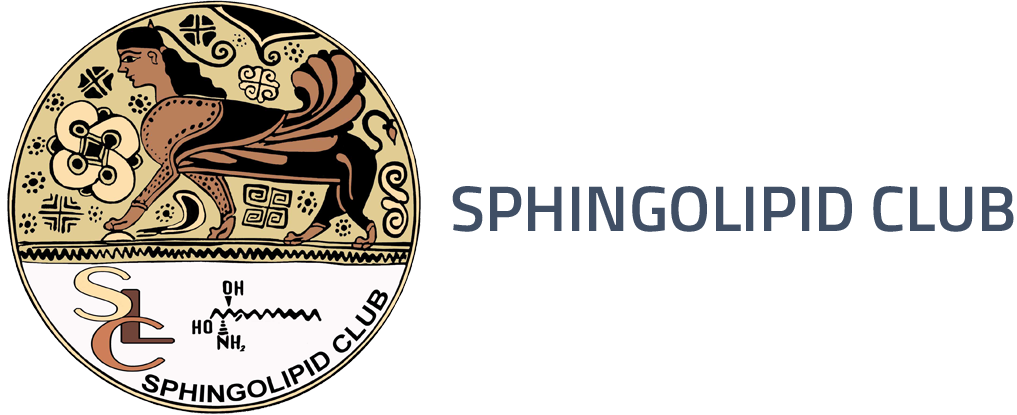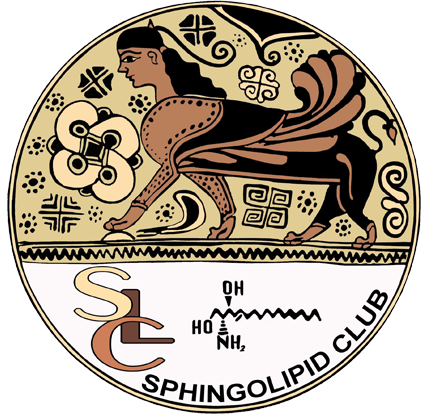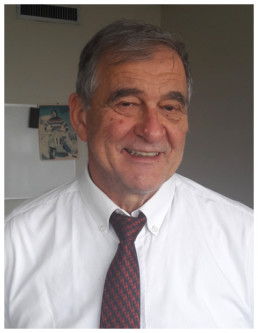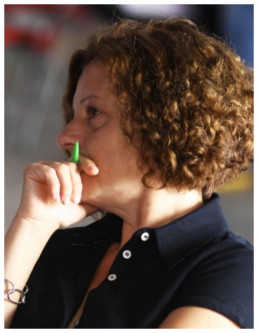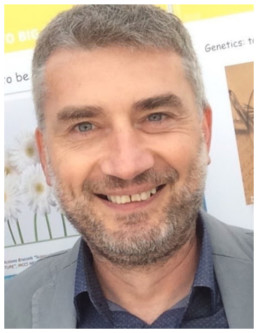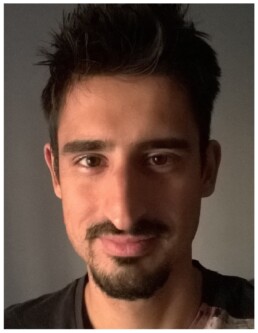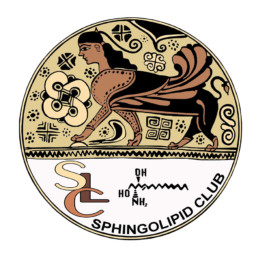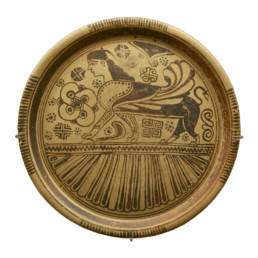ABOUT US
The Sphingolipid Club is a non profit association of researchers focusing their scientific interest on sphingolipids. The Sphingolipid Club stands as a tight mesh network among all Scientists who are knowledgeable about or simply curious to know sphingolipid biology and aimed at involving worldwide participation of interested researchers.
The Sphingolipid Club aims to promote collaborations, share ideas and expertise, create multidisciplinary interest on sphingolipids research.
Biannual meeting are organized with the primary aim to allow all the participants to present their research activity and to create occasions for fruitful exchanges.
The Sphingolipid Club website offers a link to support communications and collaborations as well as announcements.
The Sphingolipid Club cherishes the need to promote young scientists formation and advance in their career. In this sense, contributions by young researchers are highly encouraged and fellowships are assigned at meetings, and occasionally throughout the website. Advanced courses have been organized by senior members for younger participants. The friendly and lay atmosphere and accessibility of the meetings are intended to attract and emphasize students and post-doctoral fellows. Moving young PhD students from one laboratory to another to complete their education in the field, Sphingolipid Club always encourages young people in cultural exchanges between different countries.
A few decades ago, Sphingolipids were still poorly understood and a small number of scientists was interested in the field. In a short time this research area extended its horizons, leading to increasingly numbers of high quality publications. In a few decades, basic scientific knowledge on Sphingolipids has been translated to clinic, producing innovative strategies for diagnosis and cure of human diseases. The broad spectrum of applications makes the sphingolipid research a fascinating, primary and crucial scientific task.
The Sphingolipid Club was founded on 2001 by a group of five Italian researchers with the idea of bringing together all researchers involved in Sphingolipids. The association is legally registered in Perugia, Italy.
Since then, several meetings have been organized: 2002 Perugia-Italy, 2003 Sale Marasino-Italy, 2004 Florence-Italy, 2005 Bertinoro-Italy, 2006 Calella della Costa-Spain, 2007 Bilbao-Spain, 2008 Leiden-Netherlands, 2009 Glasgow-UK, 2011 Favignana-Italy, 2013 Assisi-Italy, 2015 Cesme-Turkey (joint with the International Ceramide Conference), 2017 Trabia-Italy, 2019 Cascais-Portugal (joint with the International Ceramide Conference), 2022 Pozzilli-Italy (in cooperation with Neuromed), 2024 Erlangen-Germany.
Today the Sphingolipid Club counts on an organizing and administrative staff, on a Scientific Board of international experts, on a Board of National Delegates, on six Honorary Members, who are pioneers in the field and on an Youth Board, and a total of about 150 Members.
The Sphingolipid Club welcome you: join us!
Download the Constitutive act and Statute [ PDF file – italian version ]
STAFF
SCIENTIFIC BOARD
- Paola Bruni (Firenze, Italy) paola.bruni@unifi.it
- Eric Camerer (Paris, France) eric.camerer@inserm.fr
- Tim Cox (Cambridge, UK) tmc12@medschl.cam.ac.uk
- Markus Gräler (Jena, Germany) markus.graeler@med.uni-jena.de
- Erich Gulbins (Essen, Germany) erich.gulbins@uk-essen.de
- Thorsten Hornemann (Zurich, Switzerland) thorsten.hornemann@usz.ch
- Toshihide Kobayashi (Strasbourg, France) toshihide.kobayashi@unistra.fr
- Lola Ledesma (Madrid, Spain) dledesma@cbm.csic.es
- Alfred Merrill (Atlanta, USA) al.merrill@biology.gatech.edu
- Christian Müller (Erlangen, Germany) christian.Mueller@uk-erlangen.de
- Mariana Nikolova-Karakashian (Lexington, USA) mariana.karakashian@uky.edu
- Marco Presta (Milan, Italy) marco.presta@unibs.it
- Alessandro Prinetti (Milan, Italy) alessandro.prinetti@unimi.it
- Julie Saba (San Francisco, USA) julie.saba@ucsf.edu
- Webster Santos (Charlottesville, USA) santosw@vt.edu
- ITALY Massimo Aureli (Milan) massimo.aureli@unimi.it
- FRANCE Bruno Segui (Toulouse) bruno.segui@inserm.fr
- GERMANY Dagmar Meyer zu Heringdorf (Frankfurt) heringdorf@med.uni-frankfurt
- THE NETHERLANDS Pilar Martinez-Martinez (Maastricht) p.martinez@maastrichtuniversity.nl
- UNITED KINGDOM Frances Platt (Oxford) frances.platt@pharm.ox.ac.uk
- SPAIN Jose Fernandez-Checa (Barcelona) checa229@yahoo.it
- PORTUGAL Tiago Gil Oliveira (Braga) tiago@med.uminho.pt
- AUSTRIA Diana Mechtcheriakova (Wien) diana.mechtcheriakova@meduniwien.ac.at
- HUNGARY Zoltan Benyo (Budapest) benyo.zoltan@med.semmelweis-uni.hu
- CZECH REPUBLIK Mirek Machala (Brno) machala@vri.cz
- CROATIA Dragana Fabris (Zagreb) dragana.fabris@mef.hr
- POLAND Piotr Zabielski (Bialystok) piotr.zabielski@umb.edu.pl
- RUSSIA Alice Alessenko (Moscow) alicealessenko@gmail.com
- ISRAEL Tsaffy Zor (Tel Aviv) tsaffyz@tauex.tau.ac.il
- USA Ashley Cowart (Richmond) Lauren.Cowart@vcuhealth.org
- CANADA Simonetta Sipione (Edmonton) ssipione@ualberta.ca
- BRAZIL Marcelo Einicker (Rio de Janeiro) einicker@biof.ufrj.br
HONORARY MEMBERS
- Myles Cabot (Greenville, USA) mylescabot@gmail.com
- Gemma Fabrias (Barcelona, Spain) gemma.fabrias@iqac.csic.es
- Antonio Gomez-Munoz (Bilbao, Spain) antonio.gomez@ehu.es
- Yusuf Hannun (Stony Brook, USA) Yusuf.Hannun@stonybrookmedicine.edu
- Thierry Levade (Toulouse, France) thierry.levade@inserm.fr
- Sarah Spiegel (Richmond, USA) sarah.spiegel@vcuhealth.org
- Gehrild Van Echten-Deckert (Bonn, Germany) g.echten.deckert@uni-bonn.de
YOUTH BOARD
Mission statement
Curiosity, interest in given topics and a strong passion for science are usually what makes young scientists willing to invest their time, efforts and energy in their work. It’s what drives them and fills their minds with questions that are just waiting to be asked. At the beginning of their scientific careers, though, young scientists lack two important things: experience and connections. The former will come to them with time. Scientific societies can help with the latter. Successfully offering support however requires the knowledge of these scientists needs on the societies part, and a knowledge about what is being offered on the young members part. This is where the Sphingolipid Club Youth Board comes into play. A team of young scientists from all over the world, represent PhD students and early career Postdocs, listen to their ideas and their needs in order to bridge the gap between young members and the secretaries and officers of the society. The Sphingolipid Club is highly supportive of its young members and cherishes the need to promote young scientists’ formation and advance in their career. However, a lot of those who could benefit from this support are not aware of the opportunities the Club offers. To increase the awareness about these benefits and to make them more accessible and easier to understand is one of the aims of the Youth Board. Moreover, it is intended to create an active, collaborative network connecting the new generations of researchers in the Sphingolipid field, thus giving the chance to all young scientists to be involved and feel heard in the well-established scientific community.
YOUTH BOARD MEMBERS
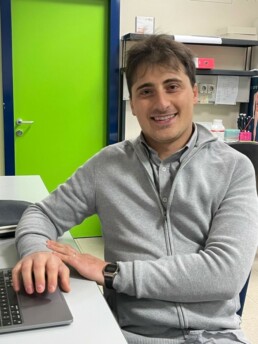
Giuseppe Pepe, coordinator
Career: PhD in Translational and Clinic Medicine at Molise University (March 2019) on the role of glyco-sphingolipids in Huntington’s disease
Current position: Postdoctoral fellow at IRCCS Neuromed (since April 2019) on the role of glyco-sphingolipids in rare diseases
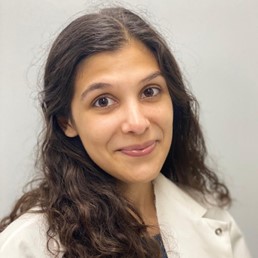
Anna Kovilakath
Career: PhD in Biochemistry at Virginia Commonwealth University (May 2023) on the role of SPTLC3 and CerS5 in cardiac disease
Current Position: Postdoctoral fellow at Virginia Commonwealth University (since July 2023)

Johnson Ung
Career: MS in Biological and Physical Sciences at the University of Virginia (August 2021) on targeting sphingolipid metabolism in acute myeloid leukemia
Current position: PhD candidate at the University of Virginia (since July 2019)
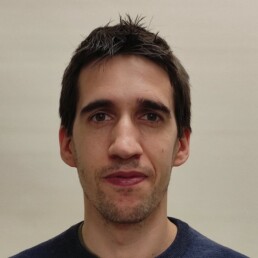
Angel Gaudioso
Career: PhD in Biochemistry at Complutense University (Madrid, Spain; 2019) on lipid alterations related with aging and neurodegenerative diseases
Current position: Postdoctoral fellow at Center for Molecular Biology Severo Ochoa (Madrid, Spain) on the role of sphingolipids in neuronal physiology and pathology in Lysosomal Storage Disorders
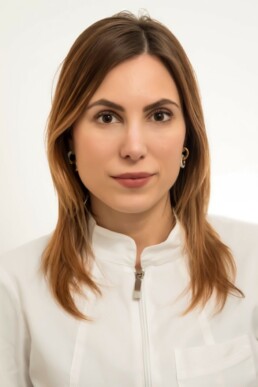
Mia Jurilj
Career: Neurosurgery resident at University Hospital Center Sisters of Mercy, Zagreb
Current position: PhD candidate at School of Medicine, University of Zagreb on simple and complex (glyco)sphingolipid composition and structure in primary brain tumors of different malignancy stages (since September 2020)
